'Libel and lies': Benjamin Netanyahu's corruption trial
Israeli PM takes the stand on charges his supporters say are cooked up by a 'liberal deep state'
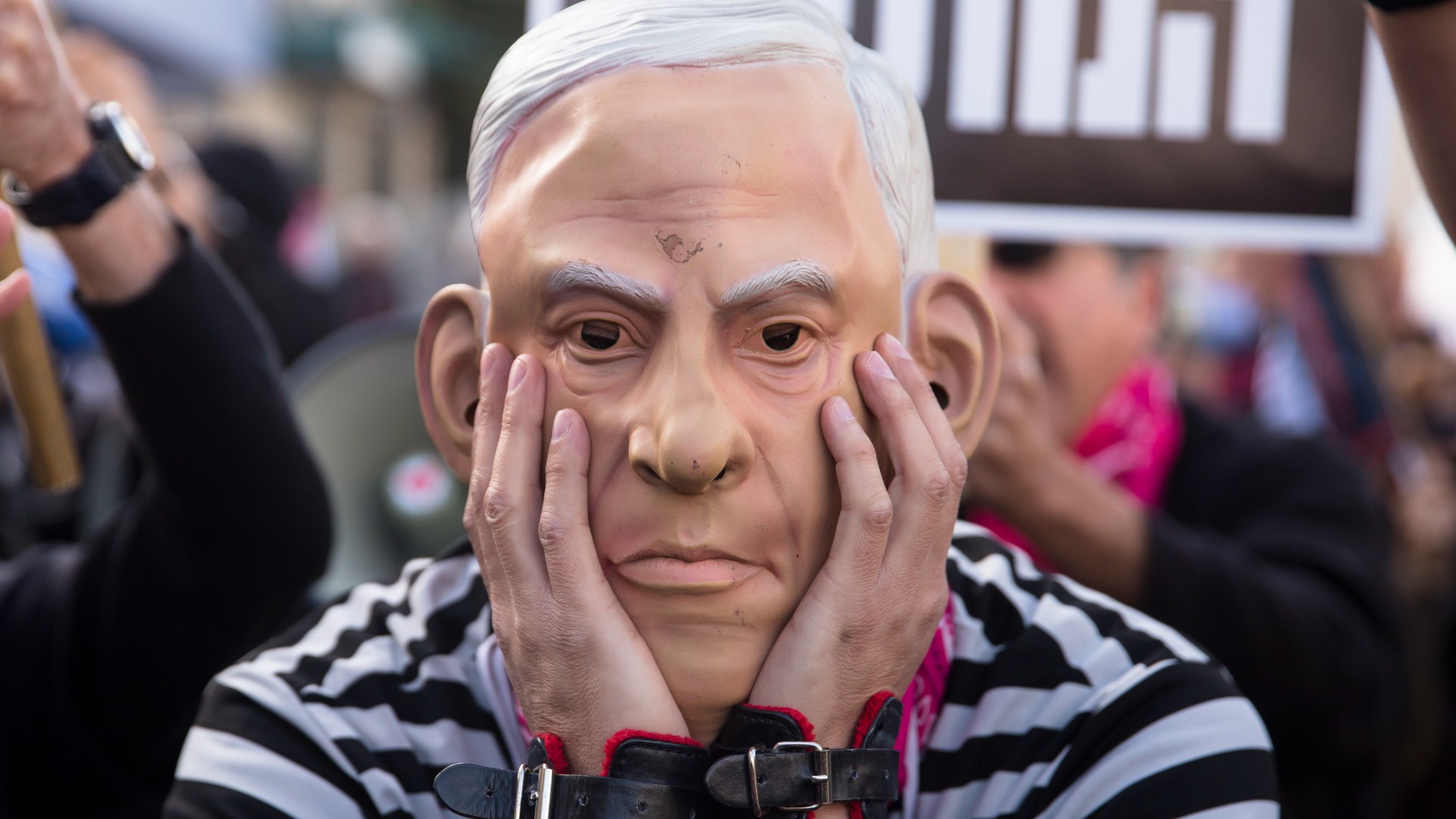
A free daily email with the biggest news stories of the day – and the best features from TheWeek.com
You are now subscribed
Your newsletter sign-up was successful
Benjamin Netanyahu appeared in court on Tuesday to testify in a corruption trial that could see him imprisoned for up to a decade if he's found guilty.
The long-running legal troubles of Israel's prime minister "bitterly divided Israelis and shook Israeli politics through five rounds of elections" – even before the 7 October attack by Hamas, and the regional turmoil it sparked, "swept Netanyahu's trial off the agenda", said Reuters.
Now he has the dubious honour of becoming "the first sitting prime minister of Israel" to testify "in a criminal court", a "low point in the career of a man who has dominated his nation's politics for three decades", said The Times.
The Week
Escape your echo chamber. Get the facts behind the news, plus analysis from multiple perspectives.

Sign up for The Week's Free Newsletters
From our morning news briefing to a weekly Good News Newsletter, get the best of The Week delivered directly to your inbox.
From our morning news briefing to a weekly Good News Newsletter, get the best of The Week delivered directly to your inbox.
What is Netanyahu accused of?
Netanyahu was first indicted in 2019 on charges of bribery, fraud and breach of trust. His trial, which began in 2020, involves three separate criminal charges.
Case 1000 centres on charges alleging that Netanyahu and his wife wrongfully received almost 700,000 shekels (£150,000) in gifts – including champagne and cigars – from Hollywood producer Arnon Milchan and Australian businessman James Packer.
Case 2000 involves allegations that Netanyahu negotiated a deal, with the owner of Israel's Yedioth Ahronoth newspaper, for better coverage in return for legislation to slow the growth of a rival newspaper.
Case 4000 brings charges alleging that Netanyahu granted regulatory favours, worth around 1.8 billion shekels (£395 million), to Bezeq Telecom Israel in exchange for positive coverage of himself and his wife Sara.
A free daily email with the biggest news stories of the day – and the best features from TheWeek.com
Netanyahu denies all charges and has pleaded not guilty in each case.
He has already been cleared in Case 3000, which centred on charges concerning the government's procurement of German-made submarines.
What has Netanyahu said about the trial?
Netanyahu has denounced the charges as an "ocean of absurdity", said The Times.
"I took criticism and attacks, insults, libel and lies, in a scope that very few people, and no one in Israel has ever faced," the Israeli PM said in court.
The trial is "at the heart of a deep political rift among Israelis about Netanyahu's character, and has led to half a decade of political instability", said The New York Times.
Netanyahu's supporters blame a "liberal deep state" that's "trying to oust him by judicial means, after failing to do so at the ballot box". His opponents, meanwhile, accuse him of "prolonging both the war and the trial to keep himself in power and out of jail".
The defence team has repeatedly sought to postpone proceedings since the trial began, nearly five years ago, citing Israel's precarious defence situation since the 7 October Hamas attacks. This week, however, judges rejected renewed calls to delay Netanyahu's testimony, following the fall of the Assad regime in Syria.
In 2022, in what some believe was a move directly linked to the trial, Netanyahu's far-right government "sought to curb the power of the court". This "sparked mass protests in Israel, and fears among Western allies for the country's democratic health", said Reuters.
Netanyahu "largely abandoned" this plan after war broke out, but he recently "revived some anti-judiciary rhetoric", as the date of his testimony approached.
"The Bibi Files", a new documentary, directed by Alexis Bloom and produced by Alex Gibney, that looks into the charges against the Israeli PM "exposes not only Netanyahu's tangled web of media, politics and money, but also a devastating connection between the drive for political survival and a willingness to jeopardise the country's population and dismantle its institutions", said the Israeli newspaper Haaretz.
What happens if Netanyahu's found guilty?
Netanyahu’s testimony is expected to continue, on and off, for several weeks.
The charges carry a maximum sentence of ten years' imprisonment, but Israel's legal system is "notoriously sluggish" and "a verdict is not expected until 2026 at least", said The Associated Press.
While opponents have called for Netanyahu to stand down, under Israeli law, a prime minister "is under no obligation" to do so "unless convicted". And, even then, "they could keep their office throughout an appeals process", said Reuters.
-
 Switzerland could vote to cap its population
Switzerland could vote to cap its populationUnder the Radar Swiss People’s Party proposes referendum on radical anti-immigration measure to limit residents to 10 million
-
 Political cartoons for February 15
Political cartoons for February 15Cartoons Sunday's political cartoons include political ventriloquism, Europe in the middle, and more
-
 The broken water companies failing England and Wales
The broken water companies failing England and WalesExplainer With rising bills, deteriorating river health and a lack of investment, regulators face an uphill battle to stabilise the industry
-
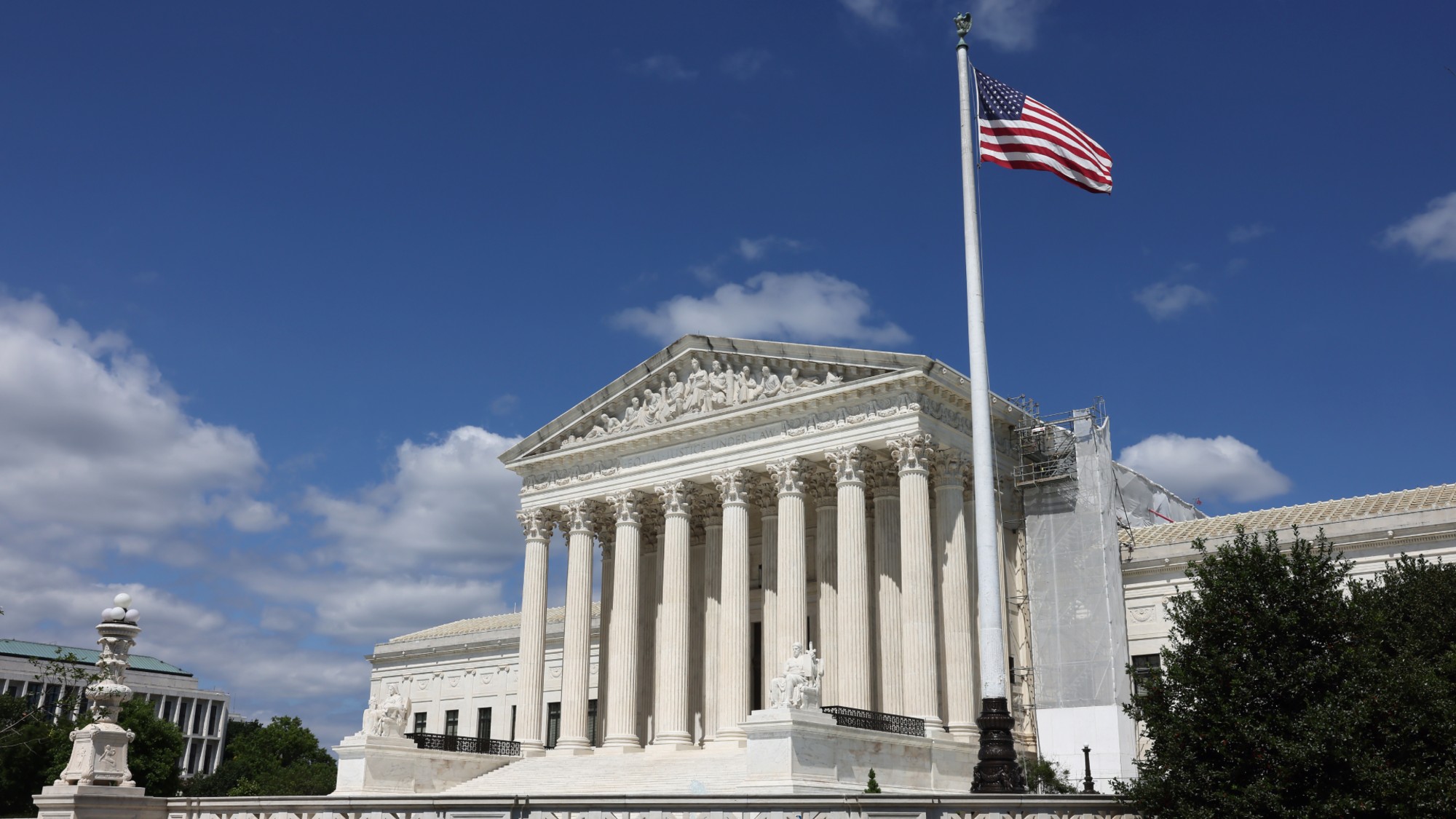 How far does religious freedom go in prison? The Supreme Court will decide.
How far does religious freedom go in prison? The Supreme Court will decide.The Explainer The plaintiff was allegedly forced to cut his hair, which he kept long for religious reasons
-
 The Supreme Court case that could forge a new path to sue the FBI
The Supreme Court case that could forge a new path to sue the FBIThe Explainer The case arose after the FBI admitted to raiding the wrong house in 2017
-
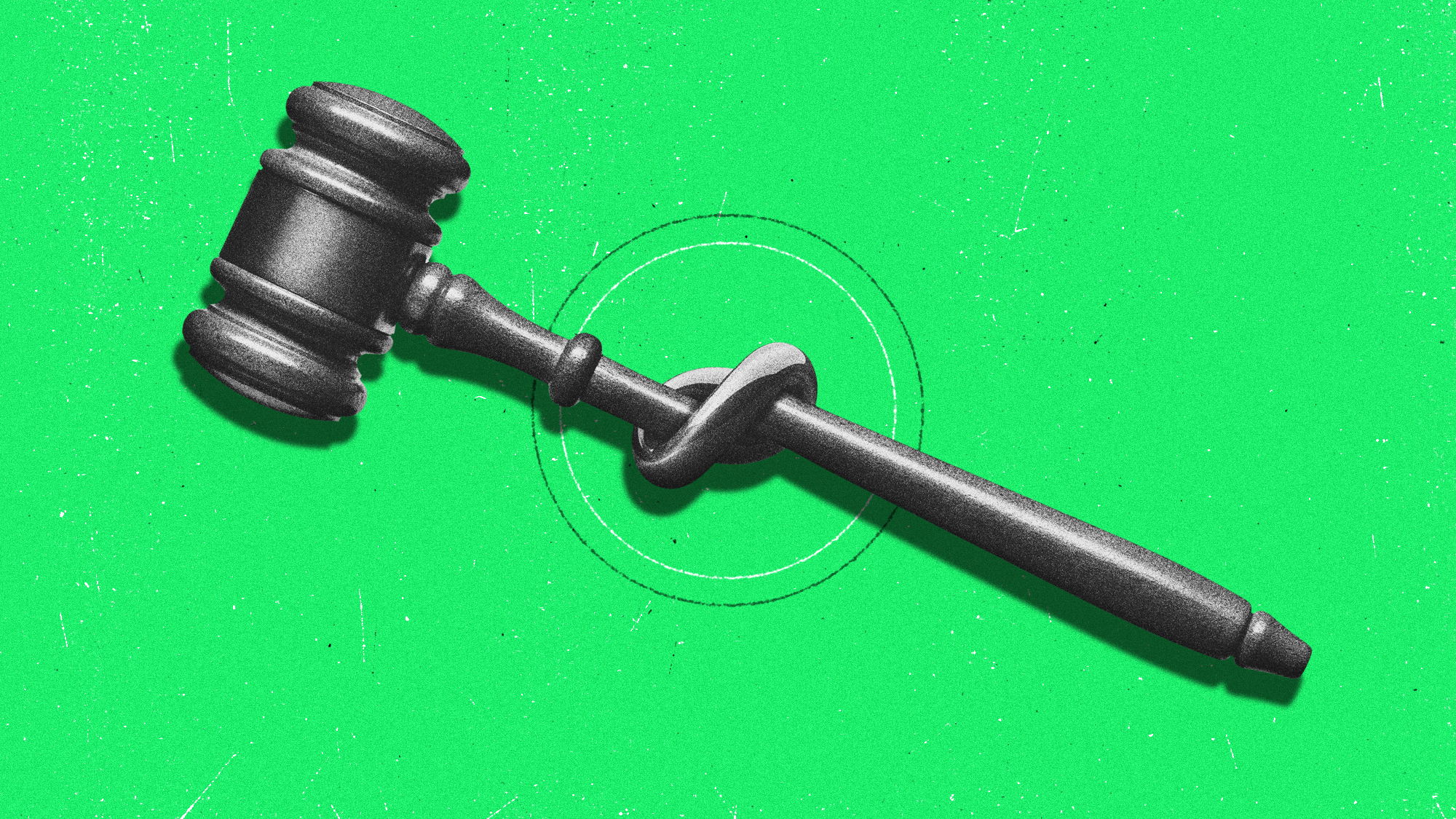 ICC under attack: can court continue to function?
ICC under attack: can court continue to function?Today's Big Question US sanctions 'designed not only to intimidate court officials and staff' but 'also to chill broader cooperation', say rights group
-
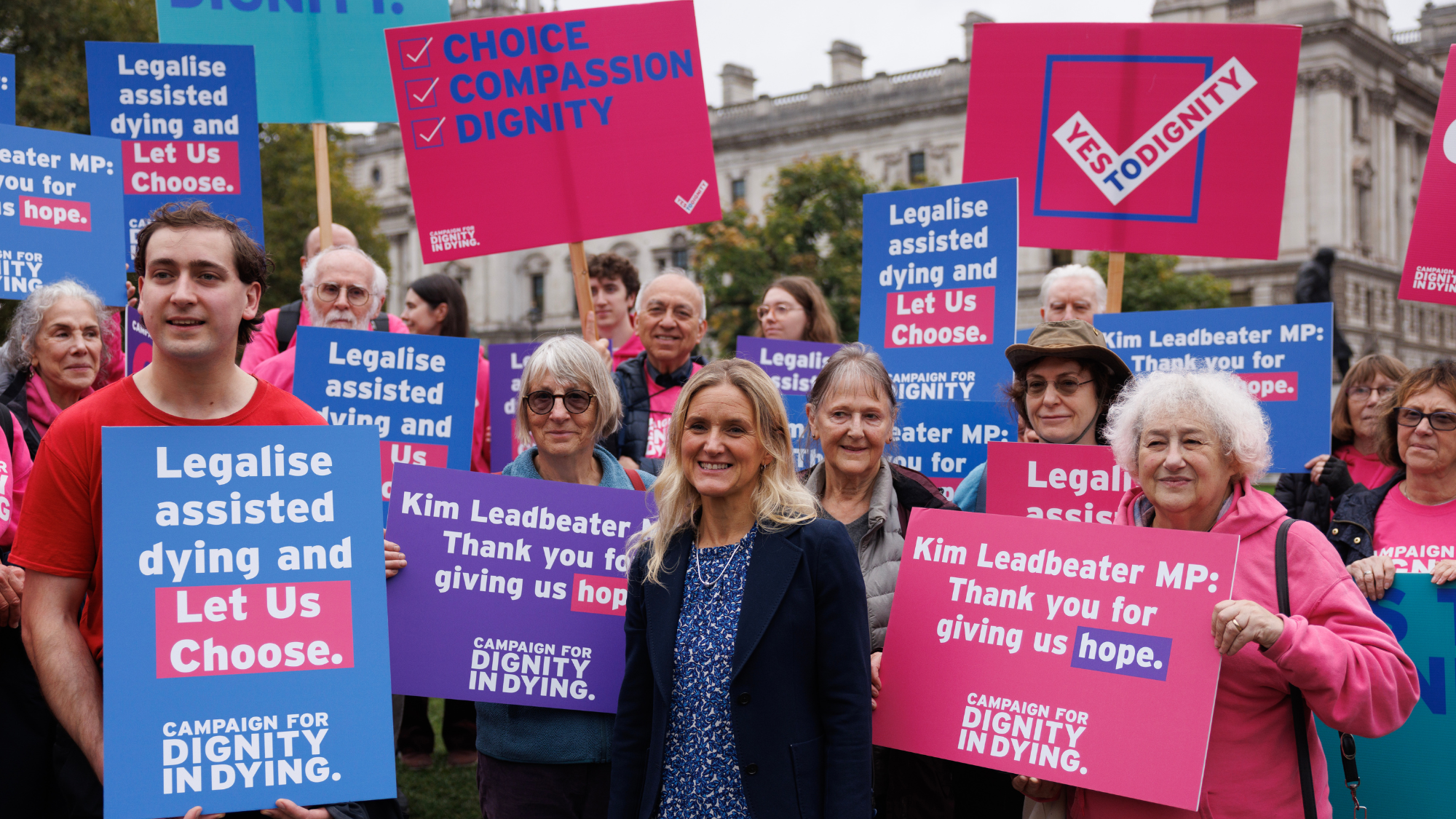 Assisted dying: what can we learn from other countries?
Assisted dying: what can we learn from other countries?The Explainer A look at the world's right to die laws as MPs debate Kim Leadbeater's proposed bill
-
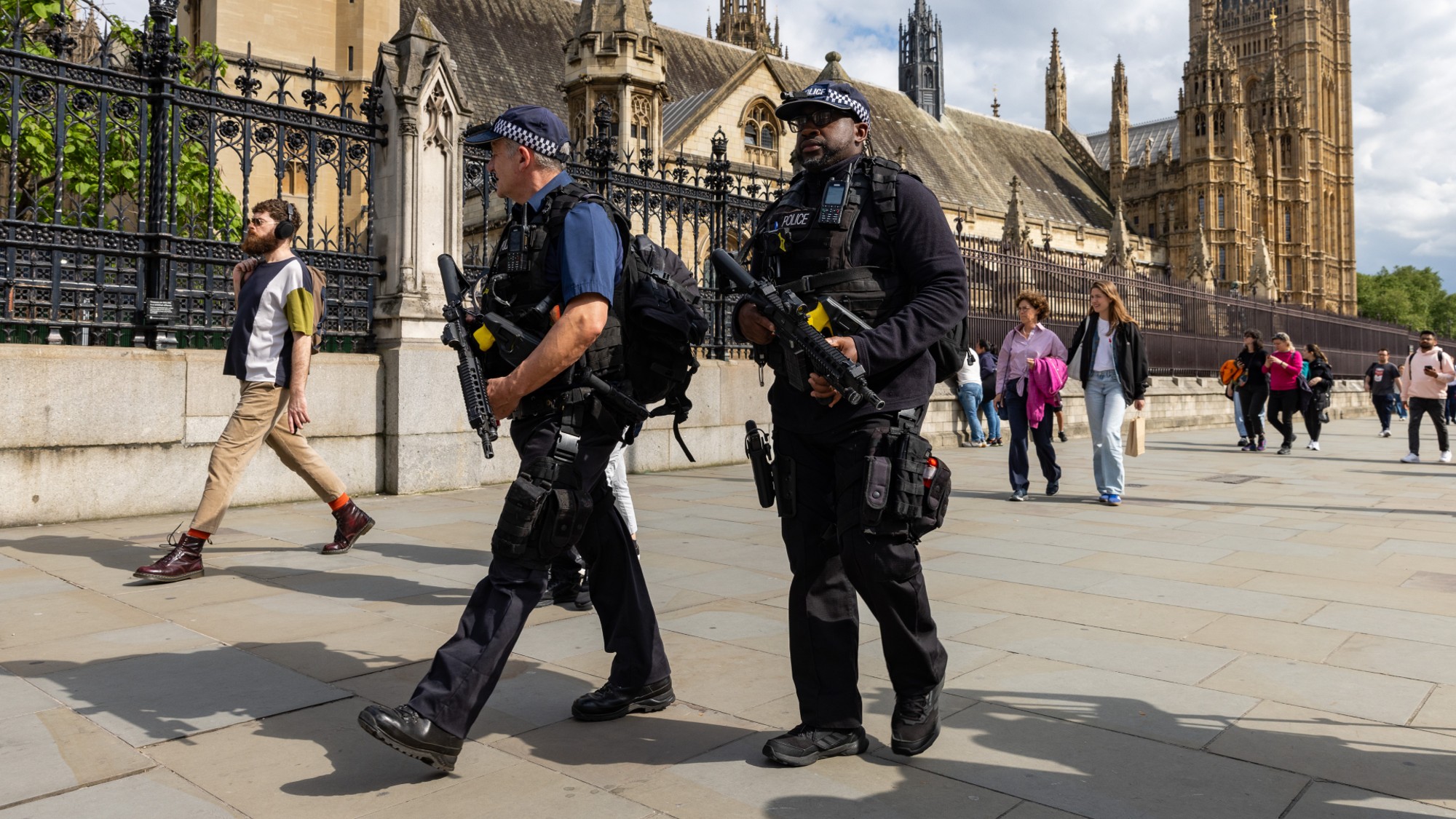 The rules for armed police in the UK
The rules for armed police in the UKThe Explainer What the law says about when police officers can open fire in Britain
-
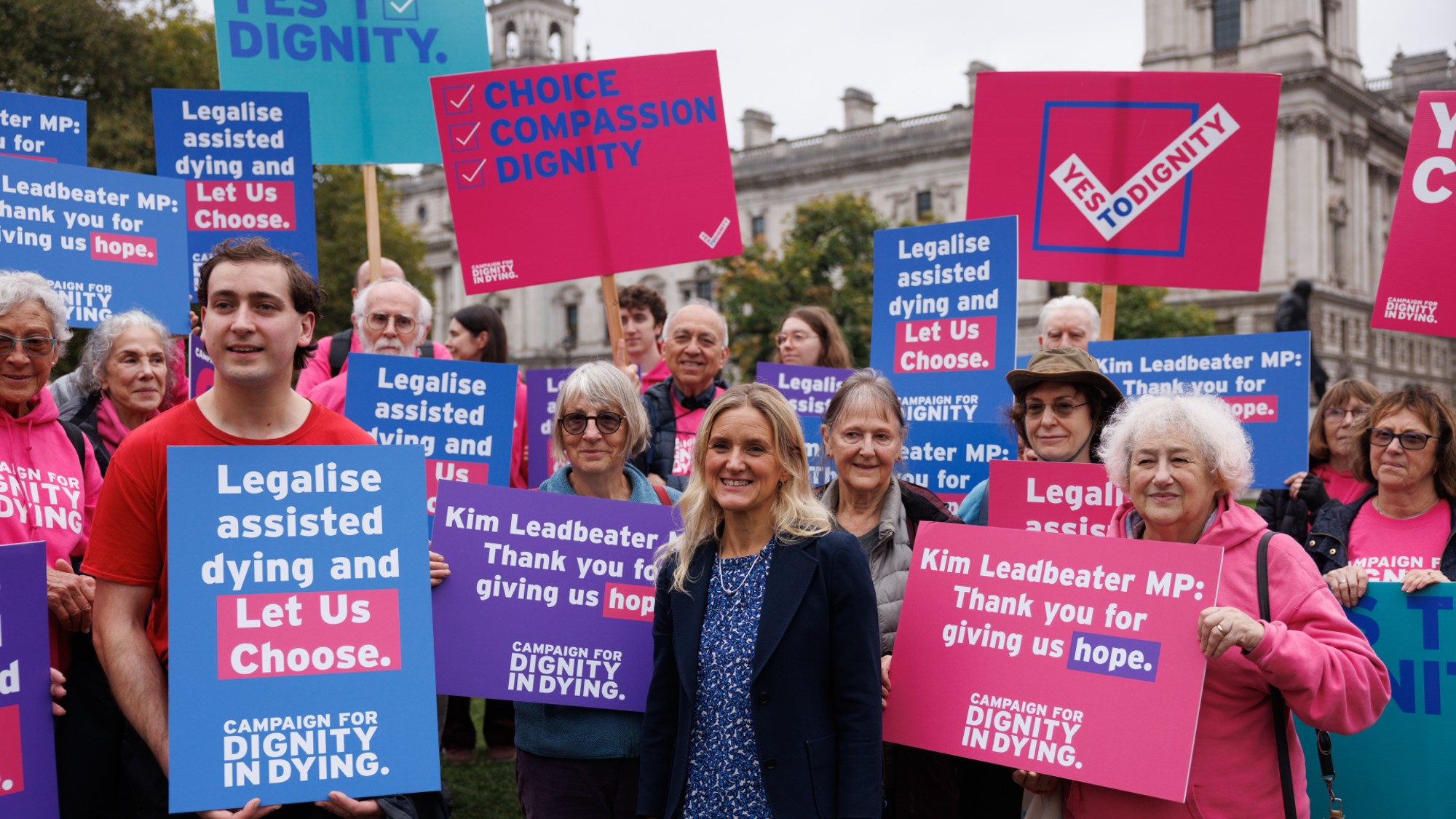 How would assisted dying work in the UK?
How would assisted dying work in the UK?The Explainer Proposed law would apply to patients in England and Wales with less than six months to live – but medics may be able to opt out
-
 The EU's landmark AI Act 'rushed' out as countdown begins on compliance
The EU's landmark AI Act 'rushed' out as countdown begins on complianceThe Explainer 'We will be hiring lawyers while the rest of the world is hiring coders' – Europe's warning about new AI legislation
-
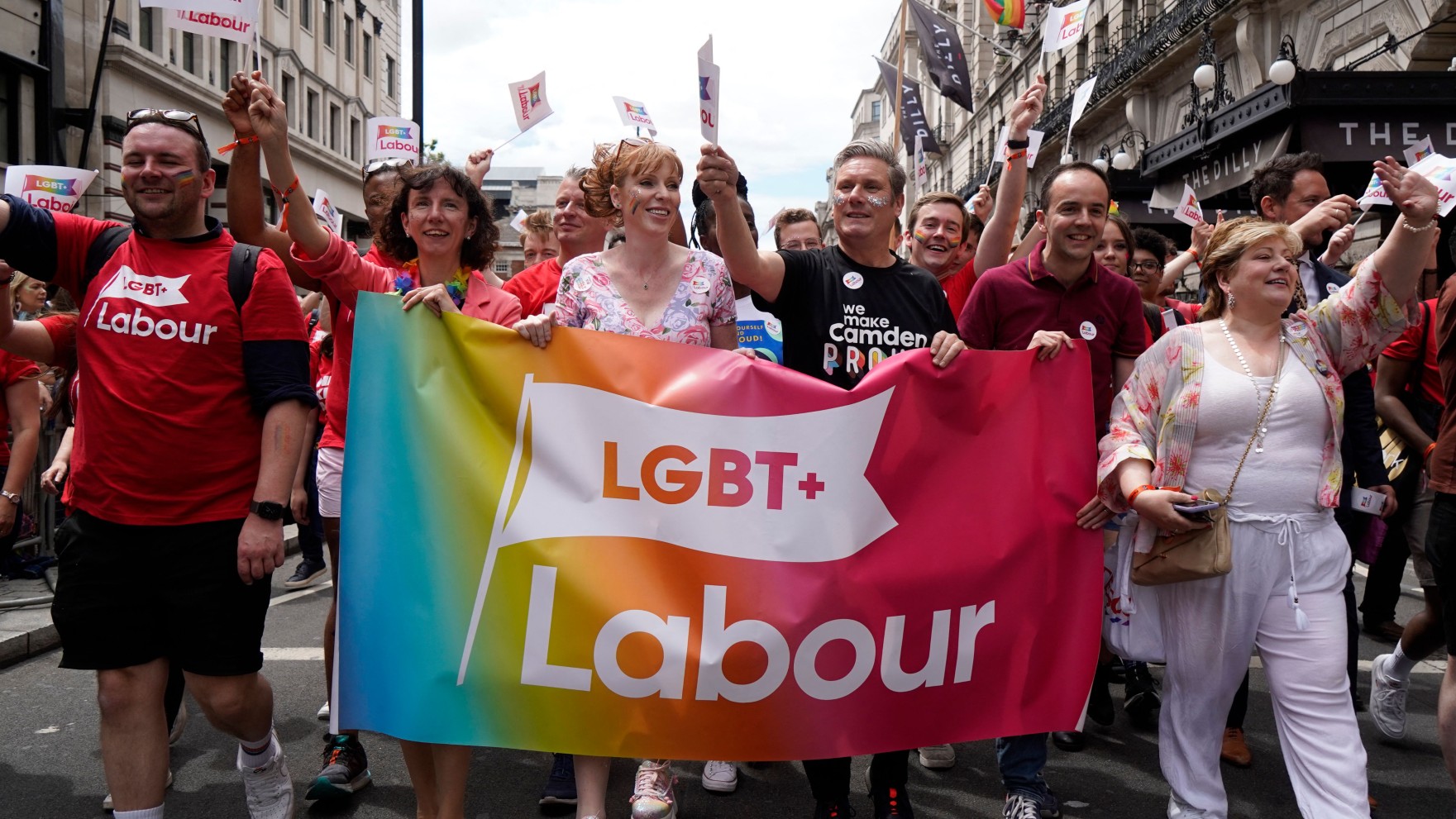 Where does Labour stand on trans rights?
Where does Labour stand on trans rights?The Explainer Party plans to 'modernise and simplify' process of changing gender and vows to scrap guidance on teaching gender ideology in schools